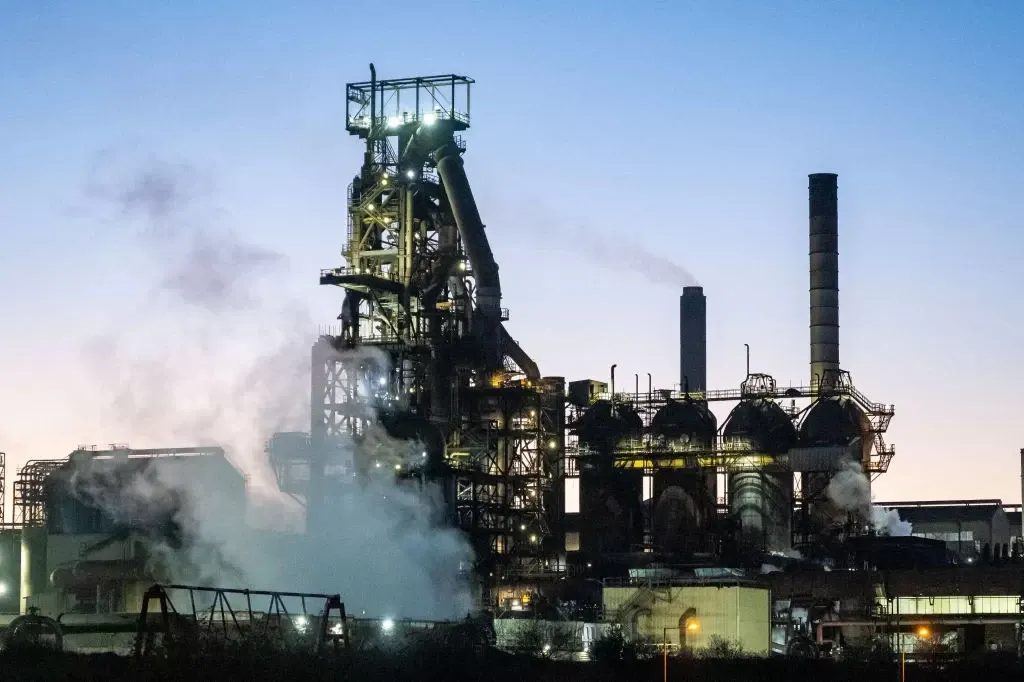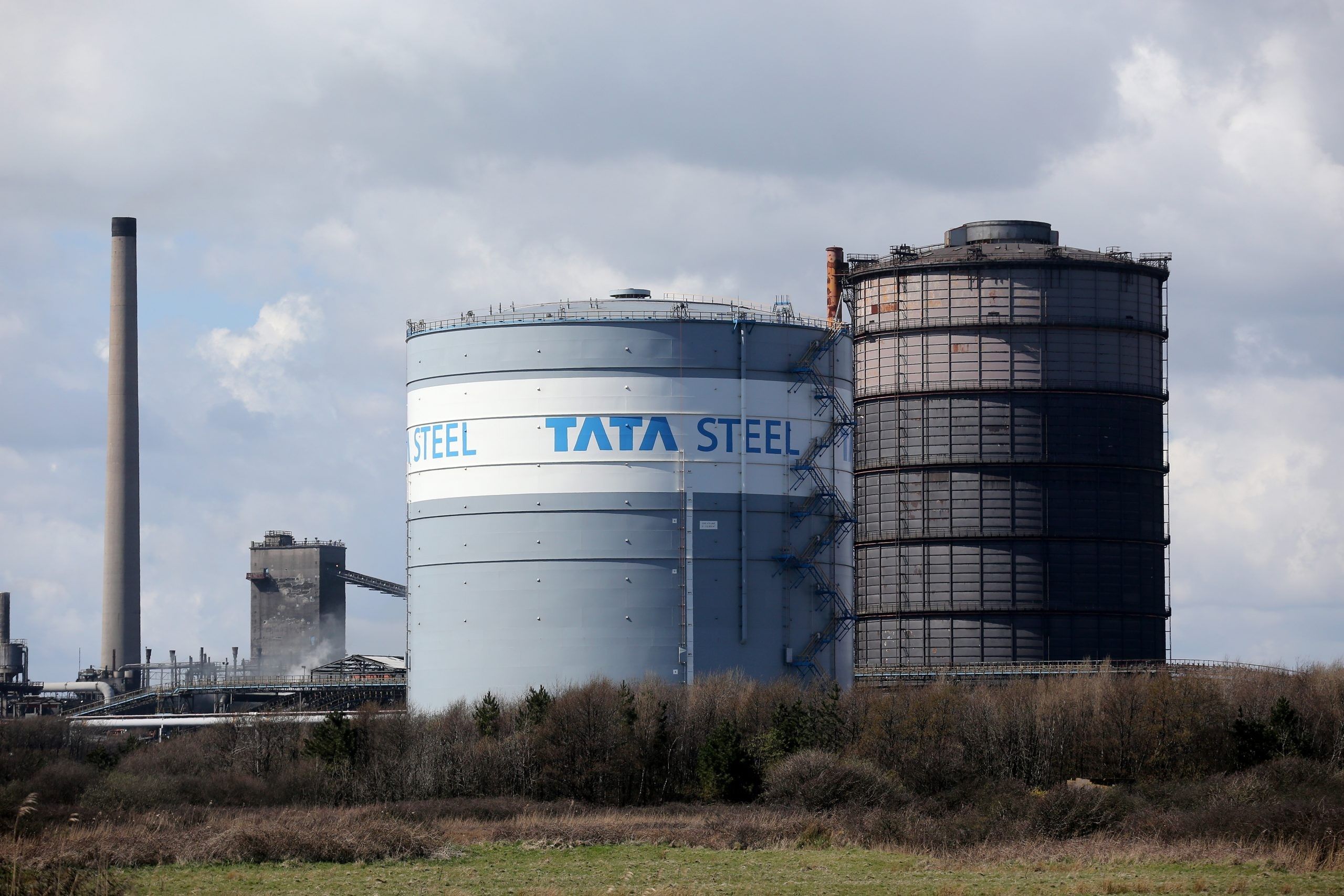Tata Steel-owned Port Talbot is expected to see 2,800 jobs go.

By:
Pramod Thomas
THE UK faces significant job losses in the steel and oil refining sectors this month, with around 6,000 jobs set to be cut, according to government sources. The job cuts will affect major plants in Wales, England, and Scotland.
Port Talbot, a major steel plant in Wales owned by Tata Steel, is expected to see 2,800 jobs go. In Scunthorpe, North Lincolnshire, up to 3,000 jobs at British Steel could be lost. Meanwhile, 400 positions are set to be cut at Scotland’s only oil refinery in Grangemouth, reported the BBC.
Unions had hoped that the arrival of a new Labour government might bring fresh investment to protect jobs. However, government sources indicate that the chances of this have diminished.
The government stressed that it must make difficult decisions and has ruled out blanket financial bailouts, suggesting that taxpayer money should not be used to support outdated and loss-making industrial operations.
Labour had pledged £2.5 billion to support the revival of the UK steel industry in its election manifesto. However, the new government, like its predecessor, is focusing on funding greener, more sustainable steel production methods, rather than propping up existing plants that rely on carbon-intensive processes.


Tata Steel, which operates Port Talbot, and Jingye, the Chinese owner of British Steel’s Scunthorpe plant, have both reported daily losses of £1 million from their operations.
The government is negotiating a £500m grant to help Tata cover the £1.25bn cost of building an electric arc furnace to replace the existing blast furnace at Port Talbot.
Electric arc furnaces, which recycle scrap steel, produce less carbon dioxide compared to traditional blast furnaces that use coke and coal to produce new steel. However, not all types of steel can be made with electric furnaces, particularly those used in construction and rail.
Unions at Port Talbot, including the GMB and Community unions, have offered a redundancy package to members, providing 2.8 weeks of pay for each year worked, up to a maximum of 25 years. Workers can also opt into a one-year retraining programme, receiving £27,000 during this period.
Union leaders hope the actual number of compulsory redundancies will be lower than the predicted 2,800, thanks to natural attrition and workers taking up voluntary redundancy. Over 2,000 employees have already expressed interest in the redundancy package.
In contrast, the situation in Scunthorpe has become more dire. Unions had hoped for a government support package worth up to £600m for Jingye, which would allow one blast furnace to remain open while a new electric arc furnace is constructed over the next three years. However, it appears this plan may not materialise, leading to the potential loss of up to 3,000 jobs.
A senior government source has admitted that the next few weeks will be “grim.” Unions have warned that closing blast furnaces at both Port Talbot and Scunthorpe could mean the UK loses its ability to produce virgin steel.
However, some industry experts argue that since raw materials like coking coal and iron ore are imported, bringing in virgin steel from abroad would not significantly impact the industry.
Meanwhile, in Scotland, the Grangemouth oil refinery is expected to shut down early next year and transition to an oil and gas import terminal with fewer jobs. This move aligns with broader plans to expand renewable energy in Scotland, although it may be too late to save the 400 jobs at risk.
The government has reiterated its commitment to decarbonisation while supporting industrial jobs. “Decarbonisation does not mean deindustrialisation,” a government spokesperson said. “We will continue to work with unions and businesses to create stable jobs and boost economic growth.”
British Steel representatives in Scunthorpe have confirmed they are in ongoing discussions with the government regarding future plans, but no final decisions have been made yet.
